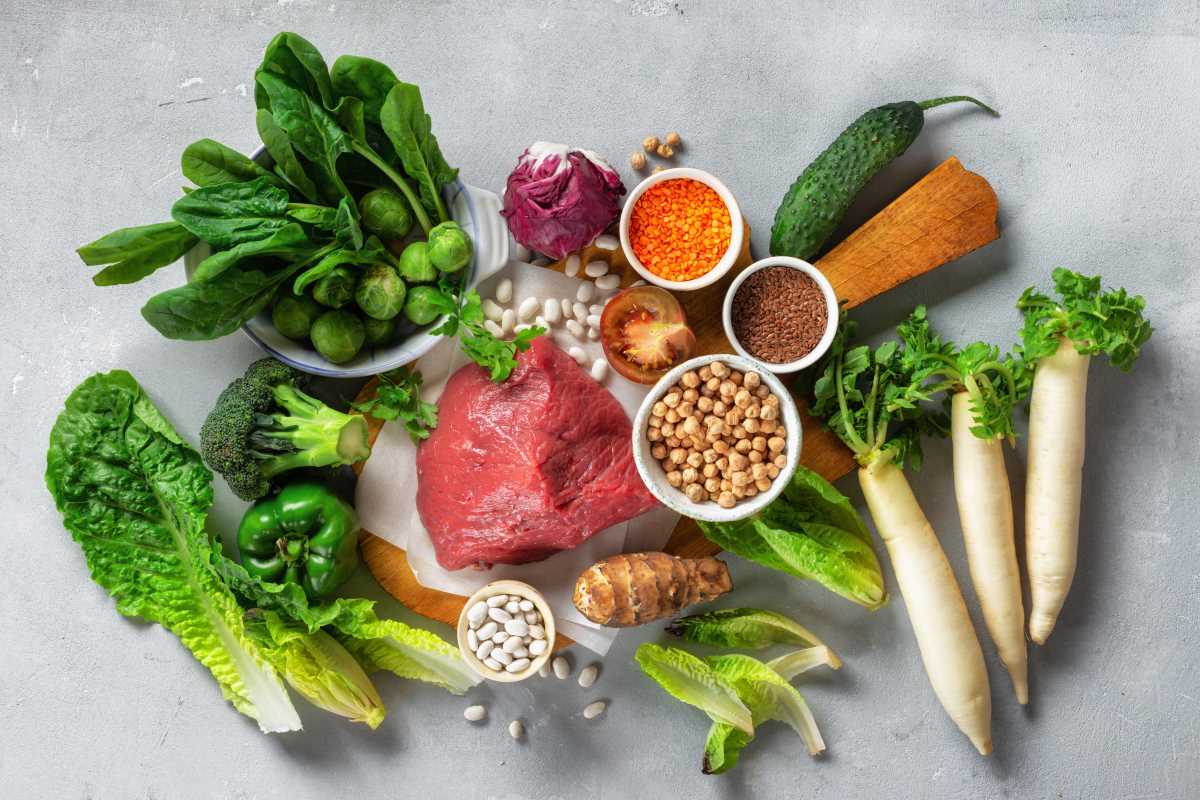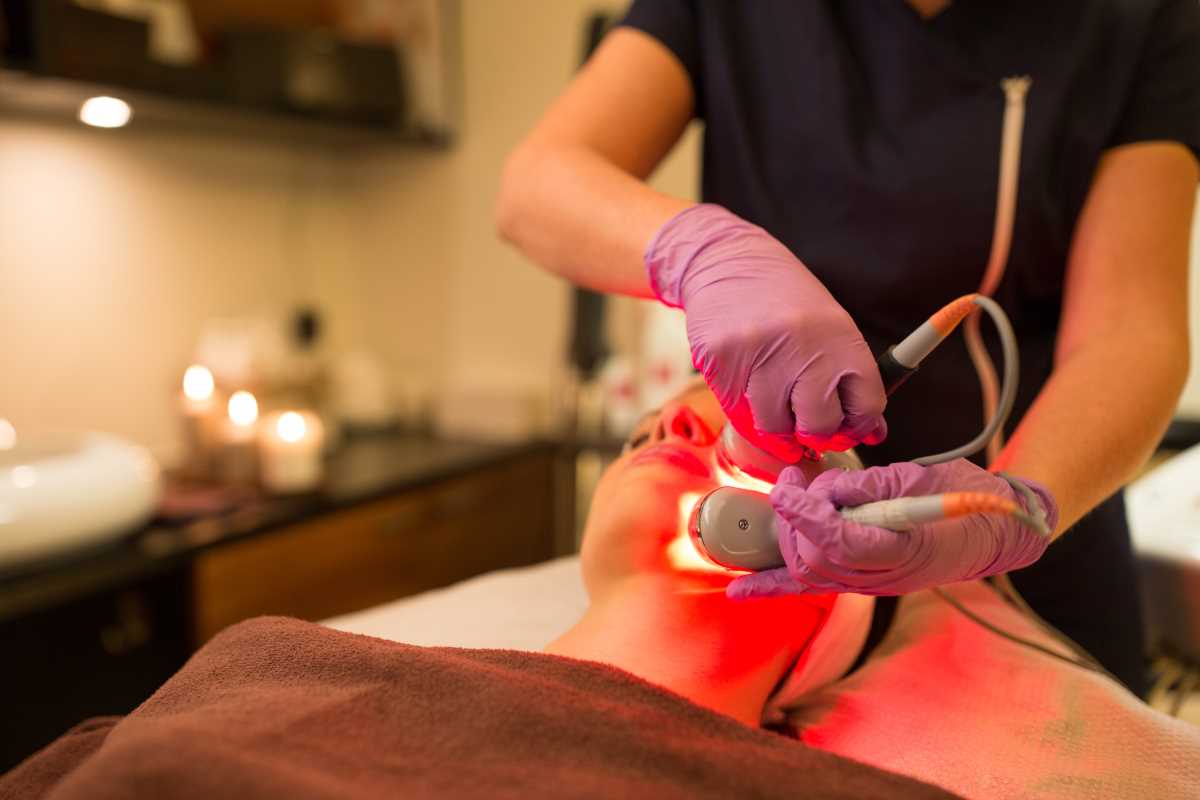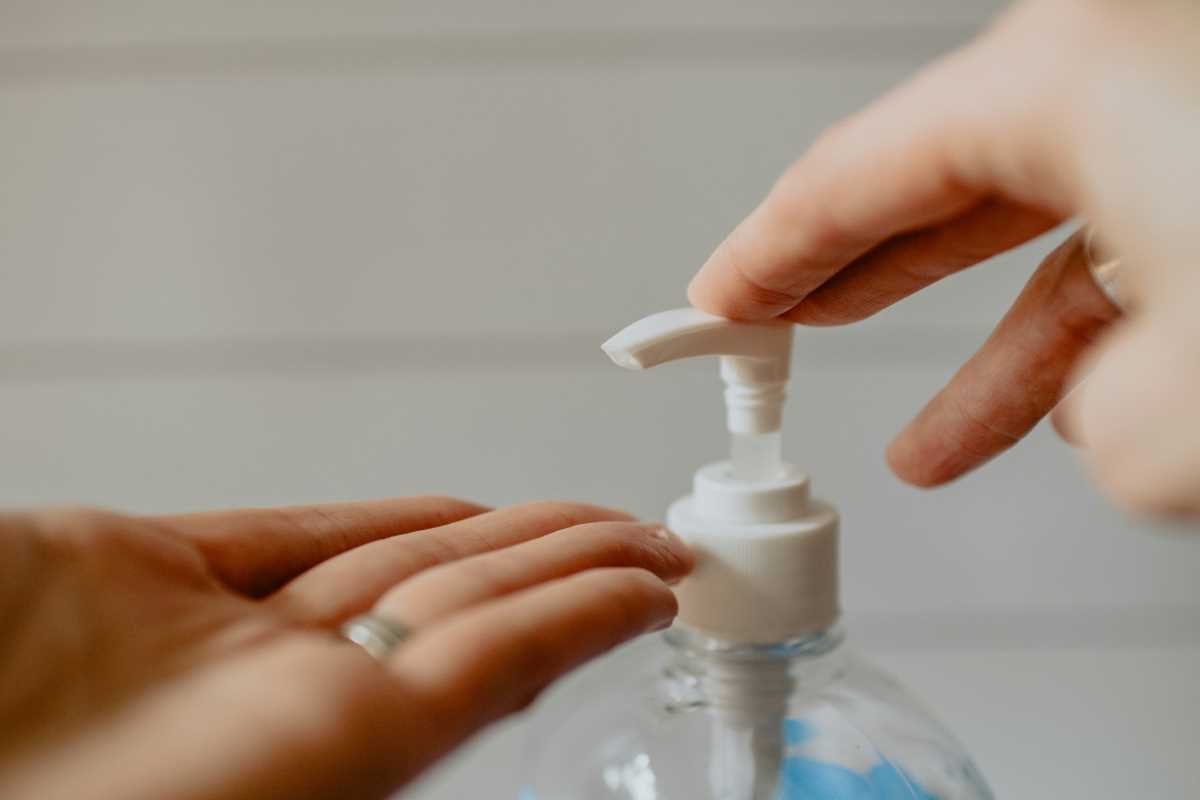Biotin, also known as vitamin B7, is a water-soluble vitamin that plays an essential role in several aspects of our health. It is commonly associated with maintaining healthy hair, skin, and nails, but its benefits extend far beyond that. This powerhouse nutrient helps in energy metabolism, supports cognitive function, and plays a crucial role in the health of our nervous system. In recent years, biotin has gained popularity as a supplement for improving various aspects of well-being.
Let’s explore the profound effects of biotin on our health and how incorporating this vitamin into our routine can help unlock the body’s potential.
More Than Just a Beauty Supplement
One of the most popular uses of biotin is its role in improving hair health. Hair loss and thinning are common issues for many people, especially as they age. Biotin is often touted as a key player in promoting stronger, thicker, and more vibrant hair. This vitamin works by nourishing the hair follicles from within, supporting the growth of healthy strands. Biotin is involved in the production of keratin, the protein that makes up the structure of hair, and it helps improve hair elasticity and strength, reducing the likelihood of breakage.
Although there’s no magic pill for reversing hair loss, studies have shown that biotin supplementation can be effective for individuals who are deficient in the vitamin. For example, biotin has been found to be particularly beneficial for people suffering from hair thinning due to pregnancy, hormonal imbalances, or other health conditions. While most people can obtain sufficient biotin through a balanced diet, those dealing with hair-related issues may benefit from targeted supplementation.
Incorporating biotin-rich foods into your diet is an easy and natural way to support hair health. Some of the best food sources of biotin include eggs, nuts, leafy greens, and whole grains. You can also find biotin in foods such as salmon, sweet potatoes, and avocados. Regularly consuming these foods can nourish the scalp and hair follicles, supporting optimal hair health and promoting the growth of healthy hair.
Stronger Nails, Naturally
Another commonly known benefit of biotin is its ability to strengthen nails and promote healthy nail growth. Brittle, weak nails are often an indication of nutrient deficiencies, and biotin plays a vital role in preventing this issue. Biotin helps in the synthesis of keratin in the body, a key protein responsible for building strong and resilient nails. People suffering from weak or splitting nails may notice significant improvements after incorporating biotin into their routine.
A deficiency in biotin can result in poor nail quality, including cracks, ridges, or slow growth. In a study involving women with brittle nails, biotin supplementation resulted in a significant improvement in nail thickness and overall quality. If you're looking for ways to enhance the strength of your nails, consider adding biotin-rich foods such as almonds, peanuts, and sunflower seeds to your diet. Additionally, biotin supplements can provide an extra boost if needed.
Maintaining a healthy diet that includes biotin can not only promote nail growth but also help prevent future damage. If you're prone to chipping, peeling, or weak nails, taking steps to increase biotin intake can lead to more resilient nails that are less prone to damage.
A Radiant Complexion
Biotin isn’t just for hair and nails — it also offers several skin health benefits. This vitamin helps the body produce fatty acids that are essential for maintaining healthy skin cells. Biotin also plays a role in supporting skin hydration, reducing inflammation, and promoting a smooth, glowing complexion. Given its involvement in fat metabolism, biotin helps maintain healthy sebum production, which is essential for keeping the skin moisturized and preventing dryness.
Individuals with biotin deficiency may notice a range of skin issues, including dryness, acne, rashes, or other irritations. Supplementing with biotin or consuming biotin-rich foods can help restore balance and promote a healthier complexion. Foods such as avocados, salmon, and sweet potatoes are excellent sources of biotin, and incorporating them into your diet can improve your skin’s appearance and texture.
Biotin also helps in the production of collagen, the protein responsible for maintaining skin elasticity and firmness. Collagen is a major component of the skin's structure, and ensuring sufficient biotin intake can contribute to youthful, plump, and firm skin. Whether you're dealing with dry, flaky skin or want to enhance your skin's natural glow, biotin can help rejuvenate your complexion and promote overall skin health.
(Image via Adobe)







